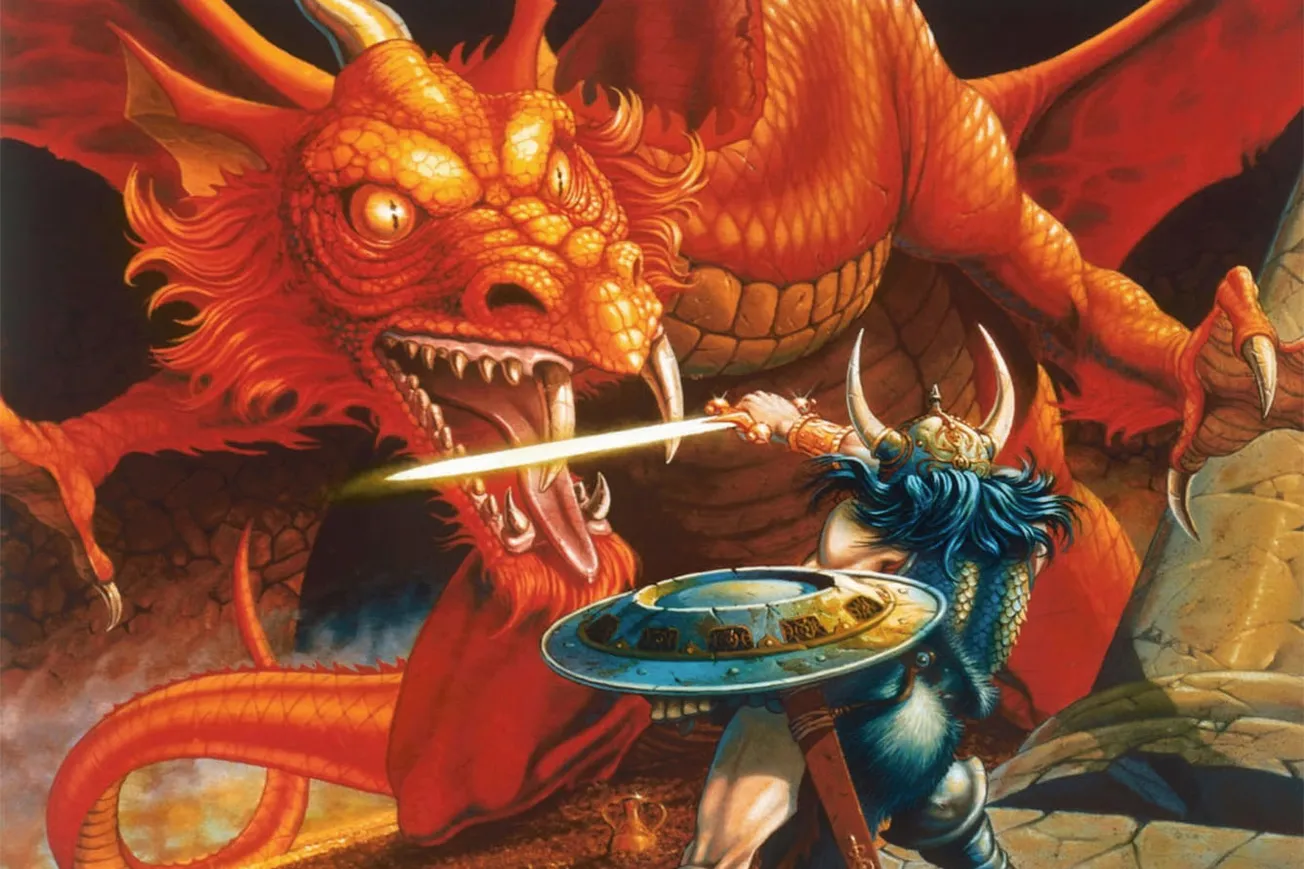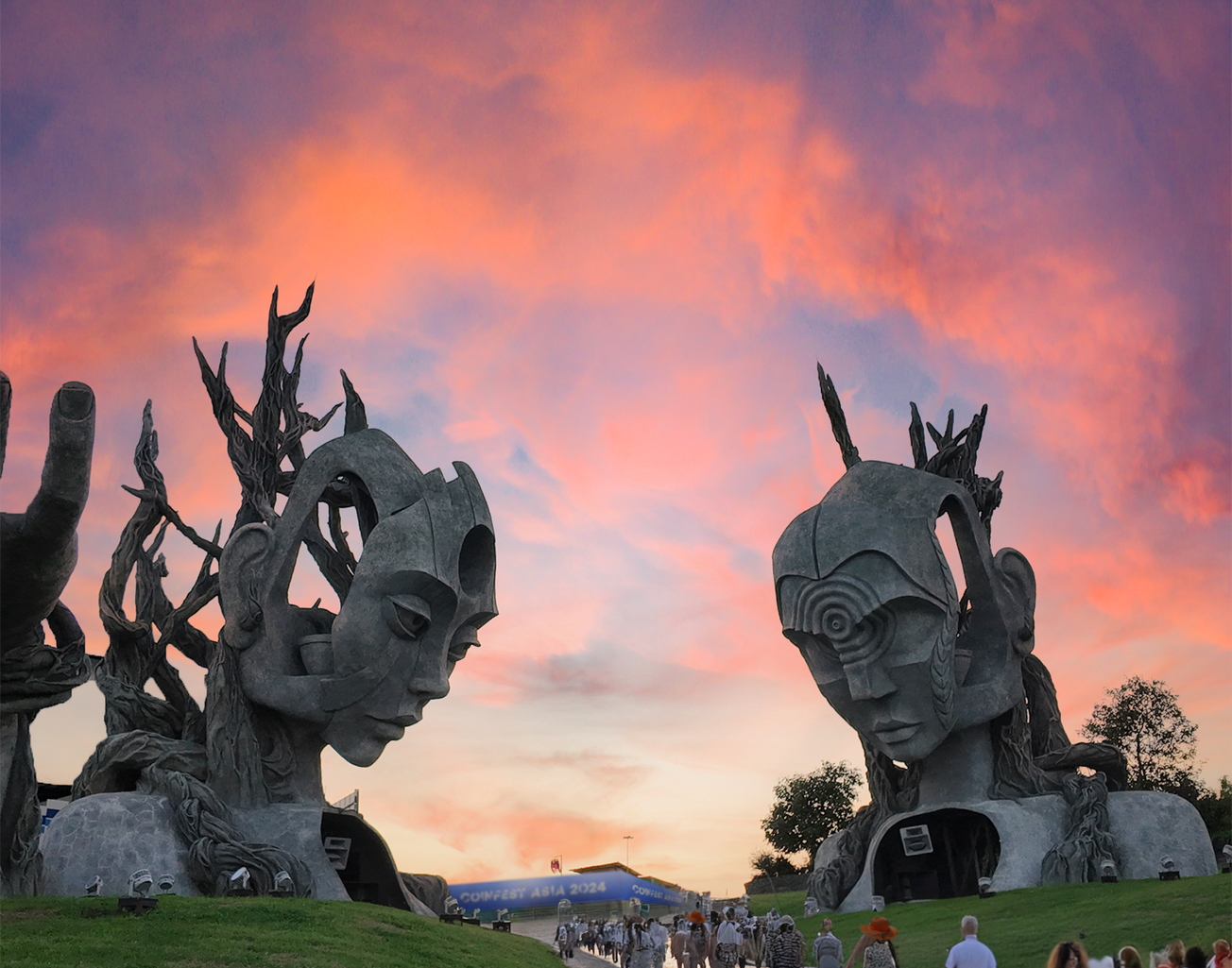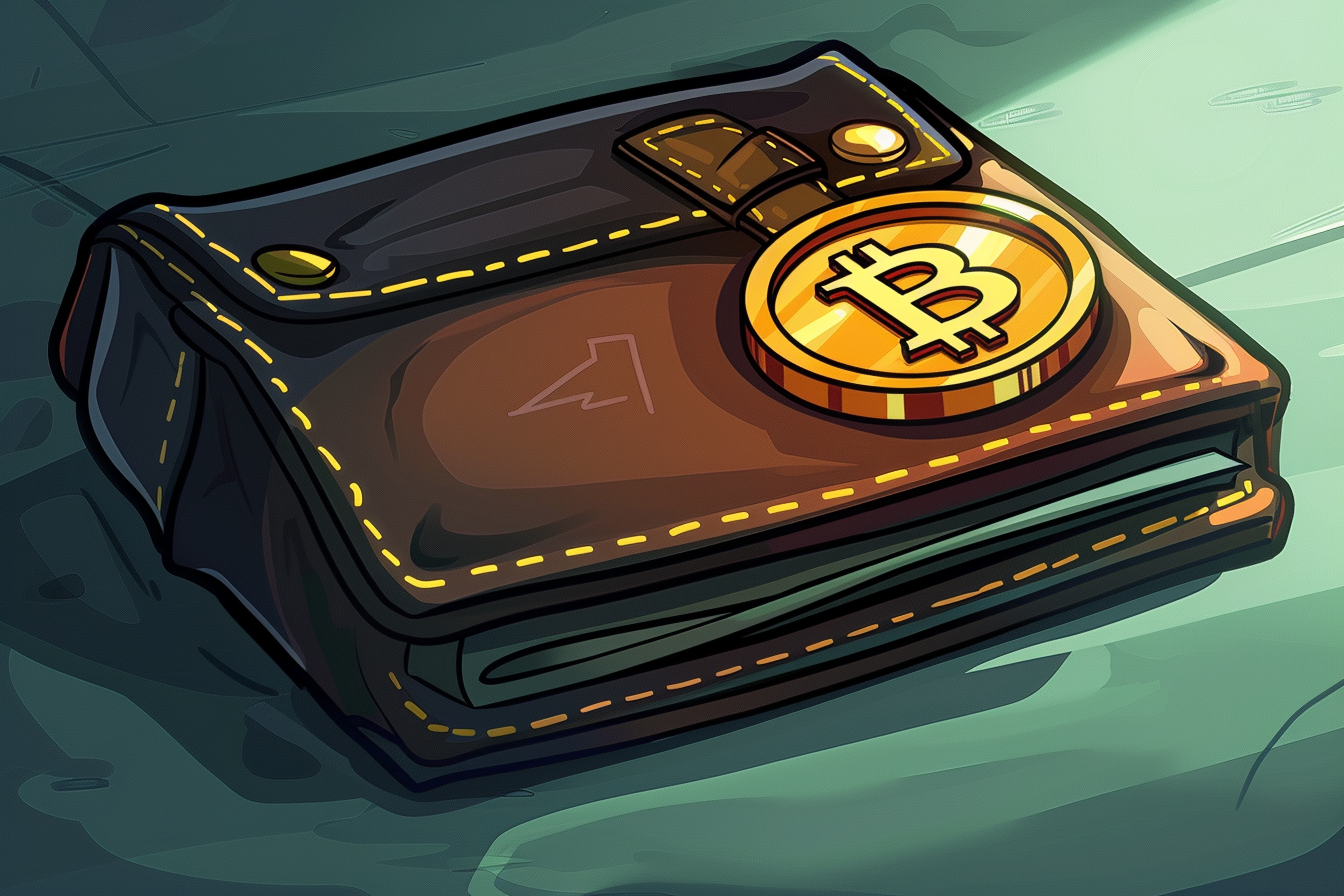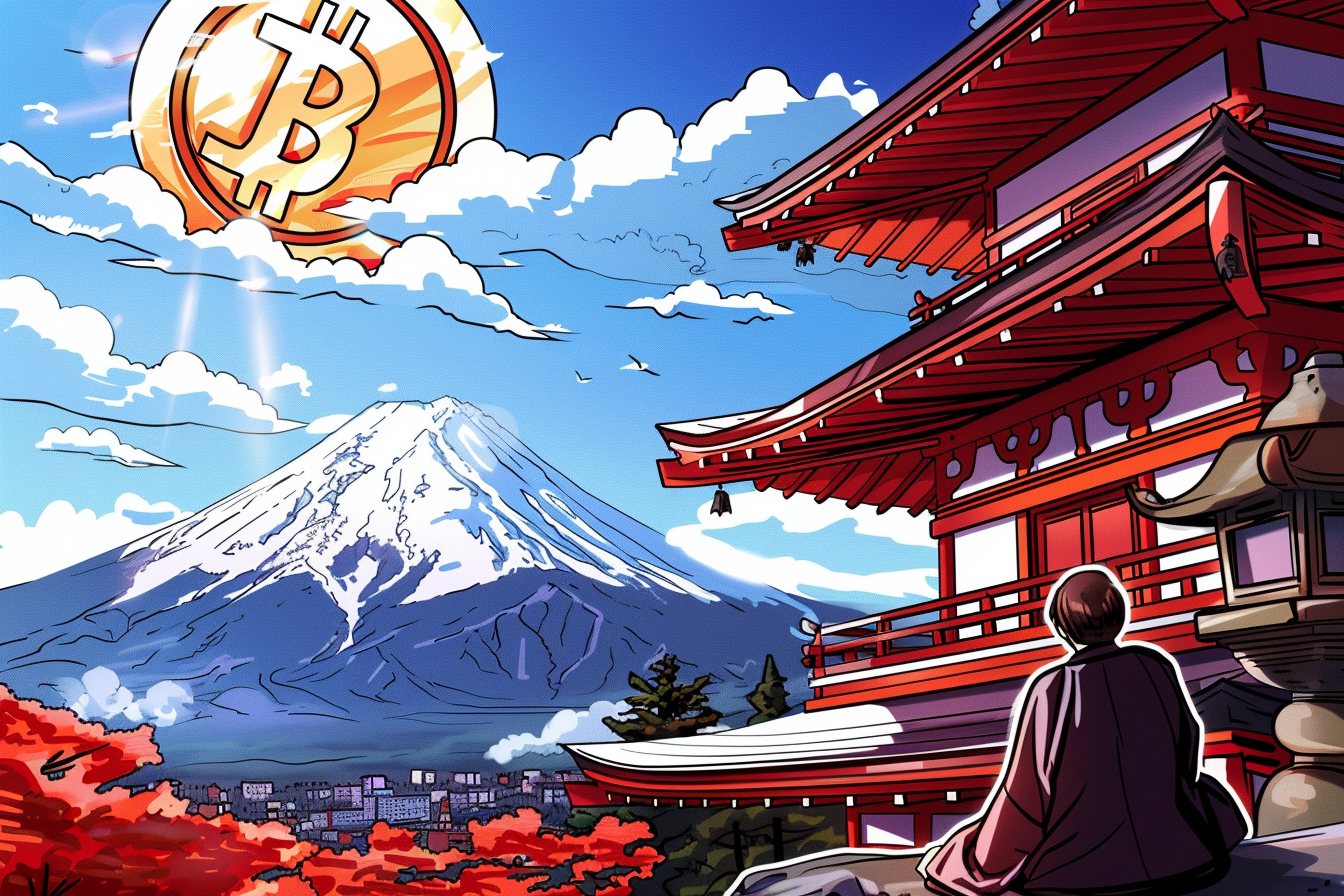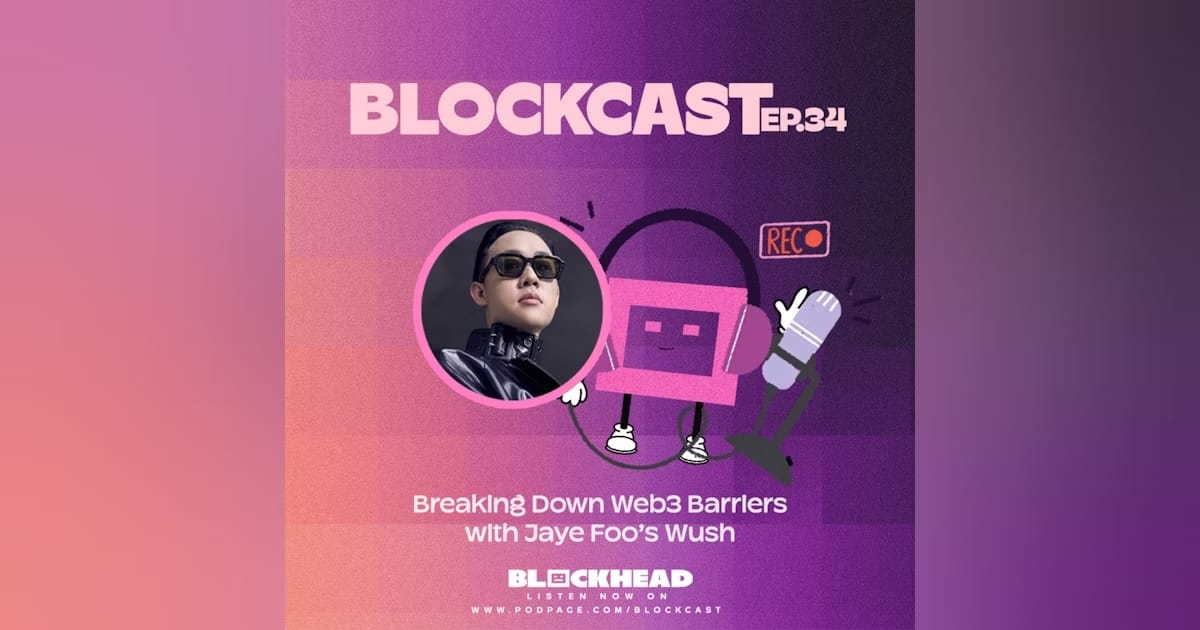Table of Contents
Dungeons & Dragons (D&D) fans have defeated the fantasy game's publisher Wizards of the Coast (WOTC) in a battle of intellectual property that has extended to non-fungible tokens (NFTs).
The Hasbro subsidiary has conceded to backlash from its fanbase after attempting to revise a 23-year-old open gaming license (OGL). Since 2000, WOTC's OGL allowed independent publishers to use D&D content and rules to create their own content such as books, graphic novels and podcasts without paying royalties.
Earlier this month, WOTC's OGL version 1.1 disrupted the longstanding formula by forcing independent publishers to give Wizards a cut of their revenue.
In the 9,000 word update, Wizards revoked the original license, which only had a word count of 900. Under this license, third party D&D content creators for new rule books and adventure guides including crowdfunding campaigns must now hand over 20-25% of their revenue to WOTC.
Independent publishers likewise must give similar proportions of their revenue over $750,000 too. Books and materials related to D&D are also compelled to give WOTC a “nonexclusive, perpetual, irrevocable, worldwide, sub-licensable, royalty-free license to use that content for any purpose.” The publisher is then permitted to use this content without sharing revenue with the original creator.
Read more: Bondee’s NFT Move Backfires, Prompts Removal From Privacy Policy
Fans were understandably outraged by Hasbro and WOTC, with fans mass-cancelling their D&D subscriptions. “[Wizards of the Coast] has shown that they are the dragon on top of the hoard, willing to burn the thriving village if only to get a few more gold pieces,” a fan-written open letter stated.
“It’s time for us to band together as adventurers to defend our village from the terrible wyrm.”
Not for NFTs?
On 14 January 2022, Wizards released a statement rolling back some of its OGL changes, but simultaneously prohibited D&D content to be used in third-party NFTs.
WOTC said that "it’s clear from the reaction that we rolled a 1. It has become clear that it is no longer possible to fully achieve" their initial goals set out in their OGL revision. At the same time, the publishers clarified that "we wanted to address those attempting to use D&D in web3, blockchain games, and NFTs by making clear that OGL content is limited to tabletop roleplaying content like campaigns, modules, and supplements."
Although NFTs were not the prime form of content creation in the D&D world, WOTC'S revised rules were still a blow for the Web3 community.
Web3 company Gripnr, which had been developing a blockchain-based tabletop game with D&D elements since 2021, responded to Wizard's NFT ban by stating, "the best path forward for Gripnr and many other companies in the industry is to abandon the [Open Games License] and find licenses or other methods that will allow us to continue our business."
“To be candid and blunt, Wizards has no broad right to prevent the use of Web3, blockchain, or NFTs in tabletop gaming," it said in a tweet.
GRIPNR isn't moving forward with OGL 1.2 or SRD 5.1. It's not protective of creators nor meets our standards of "open." To be blunt, Wizards has no broad right to prevent the use of Web3, blockchain, or NFTs in TTRPGs.Our statement:https://t.co/UE0QEYxmko#OpenDnD #DnD #OGL— The Glimmering (@The_Glimmering) January 20, 2023 Embedded JavaScript
Dragon Defeated
Fortunately for the web3 community, as well as the wider D&D fanbase, Wizard has since completely U-turned on trying to restrict and siphon cash from creators.
On 28 January 2022, Wizards published a post titled "OGL 1.0a & Creative Commons."
"You want OGL 1.0a. You want irrevocability. You like Creative Commons," the post reads.
"The feedback is in such high volume and its direction is so plain that we're acting now. We are leaving OGL 1.0a in place, as is. Untouched."
“We wanted to limit the OGL to [tabletop role-playing games],” Wizards said, referring to its previous restriction on NFTs. “With this new approach, we are setting that aside and counting on your choices to define the future of play.”
For Gripnr, the U-turn is welcomed but the web3 firm is not rushing back into WOTC'S arms just yet.
Read more: SG Whale Spends ~$1M on DeGods NFTs But Tinder Matches Remain Unimpressed
“Given how much of a rollercoaster ride this needless upheaval has been, taking a long and measured look and finding the best option is not something we are willing to rush,” Gripnr lead developer Stephen Radney-MacFarland told Decrypt.
“We are currently looking at various options and consulting with the council to determine the best path forward.”
IP or Not IP?
This dramatic and intriguing D&D story sheds light on the importance of IP rights for content creators, and signals an encouraging message for NFTs. By instigating war against WOTC, D&D fans not only demonstrated the power of community but also how dearly IP is valued by content creators.
The NFT community, which is largely dependent on community and content should thereby regard this win as a reinforcement of their wider structure. It's a win for NFT D&D creators but more importantly, it's a win for NFT bulls.

